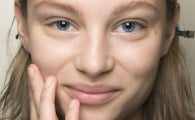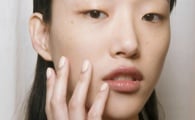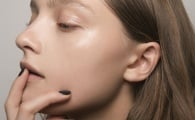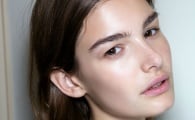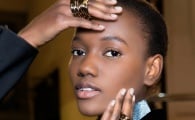If you deal with pimples on the regular, chances are, you've tried rubbing alcohol for acne. While some acne veterans swear by rubbing alcohol to get rid of pimples fast, many experts caution against its use. Below, learn how this at-home acne treatment works and whether it is the best choice for your skin.
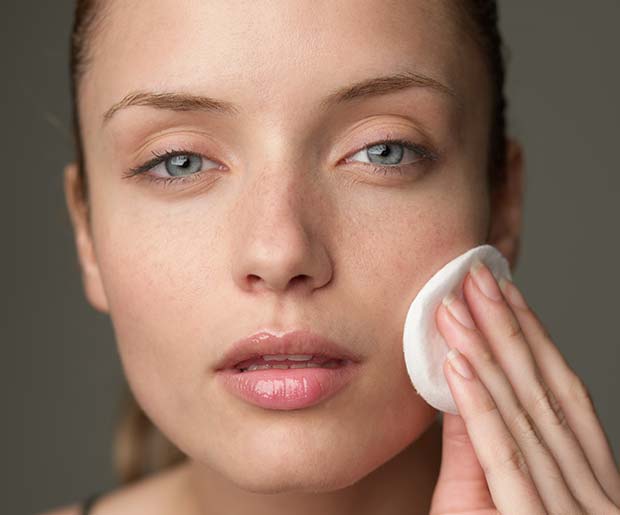
What you should know about treating acne with rubbing alcohol
Thumb and Image via Getty
How Rubbing Alcohol Works on Acne
Rubbing alcohol (also known as isopropyl alcohol) has a drying effect on skin. When you apply rubbing alcohol to acne, it may dry out blemishes more quickly. For those who are prone to oily skin, the drying properties of rubbing alcohol may seem to help reduce the oiliness. Rubbing alcohol also has antiseptic properties, which can help remove bacteria from the surface of your skin.
Bacteria contributes to acne, however, so reducing its levels could mean fewer breakouts or ones that clear up more quickly. Finally, rubbing alcohol has a reputation for shrinking pores. The truth is, though, nothing can make your pores smaller. Certain treatments may reduce the visible
appearance of pores, but these effects are usually temporary and can sometimes exacerbate the underlying problem.
Why Alcohol Might Backfire as an Acne Treatment
Although rubbing alcohol may seem like a tempting solution, experts caution that you might want to think twice before treating your acne with rubbing alcohol. Over time, you may experience increased problems from rubbing alcohol. For one thing, rubbing alcohol can be too drying. It strips skin of essential moisture and leaves it dry, red and irritated. The burning feeling you might experience afterward is a sign of the damage being done to your skin.
Your skin requires a certain amount of sebum (that's the oil you're trying to get rid of) for protection and nourishment, and if you completely eliminate this secretion, your sebaceous glands respond by producing even more of it. That means more oil and more breakouts. The longer you use rubbing alcohol, the more vulnerable your skin becomes to the effects of sebum and bacteria. That's because,
according to the CDC, prolonged topical use of isopropyl alcohol actually "defats the skin."
Final Verdict on Alcohol and Acne
Using rubbing alcohol for acne is an absolute no-go. Most dermatologists will tell you that this treatment is not good for your skin because it's drying, irritating and likely to cause you more long-term problems, even if it helps in the short term. In fact, some experts even recommend avoiding all skin care products that contain alcohol -- period . To weed out those products, look for SD alcohol, denatured alcohol or isopropyl alcohol on the ingredients list. All of those types of alcohol will further aggravate acne and weaken your skin in general.


